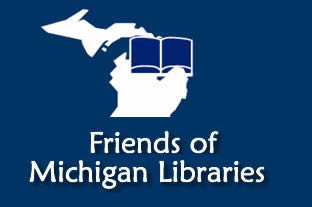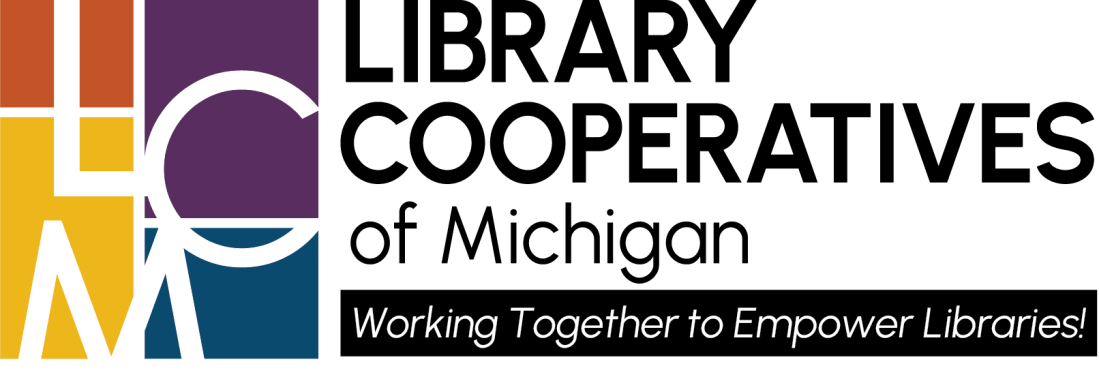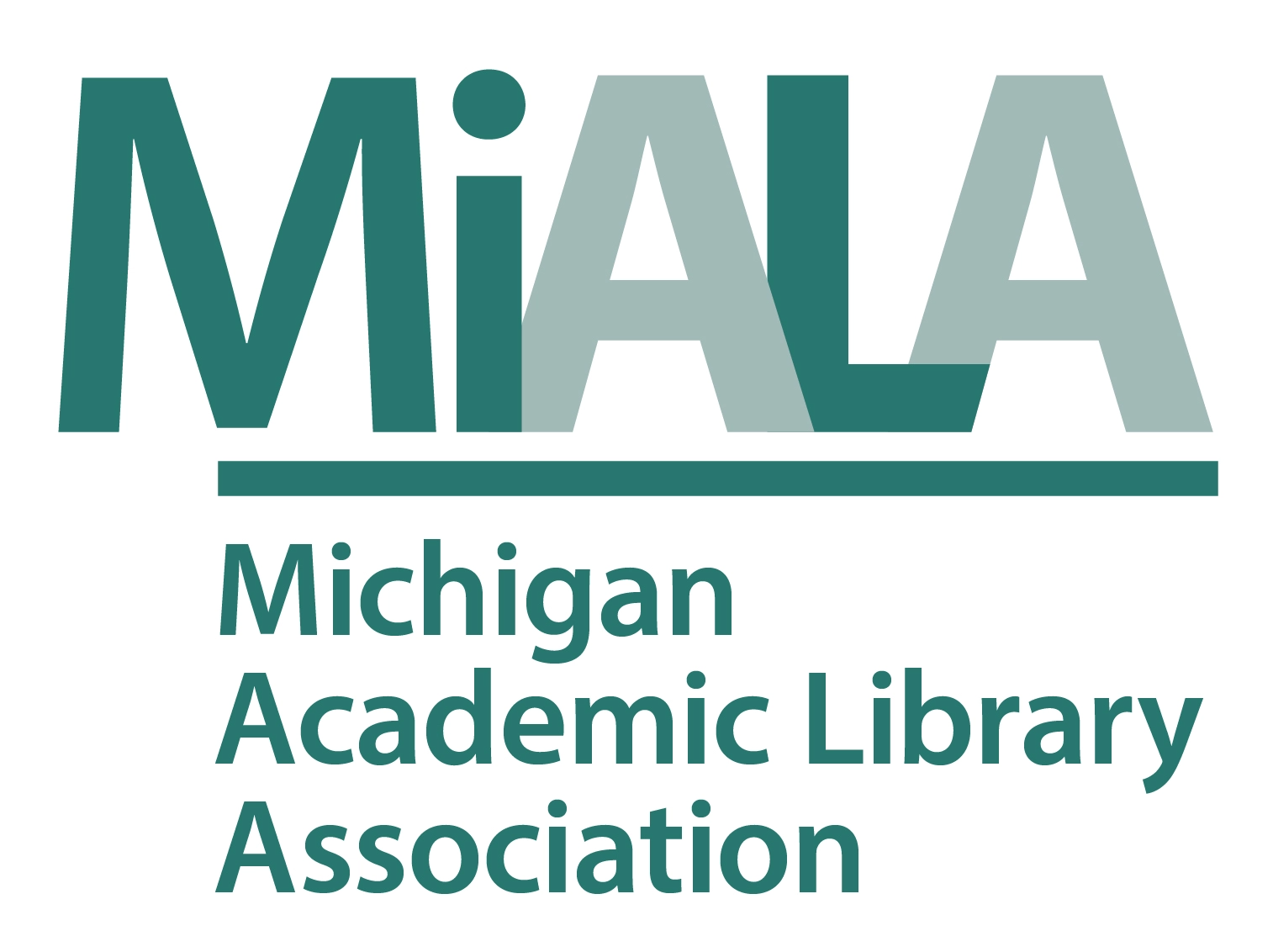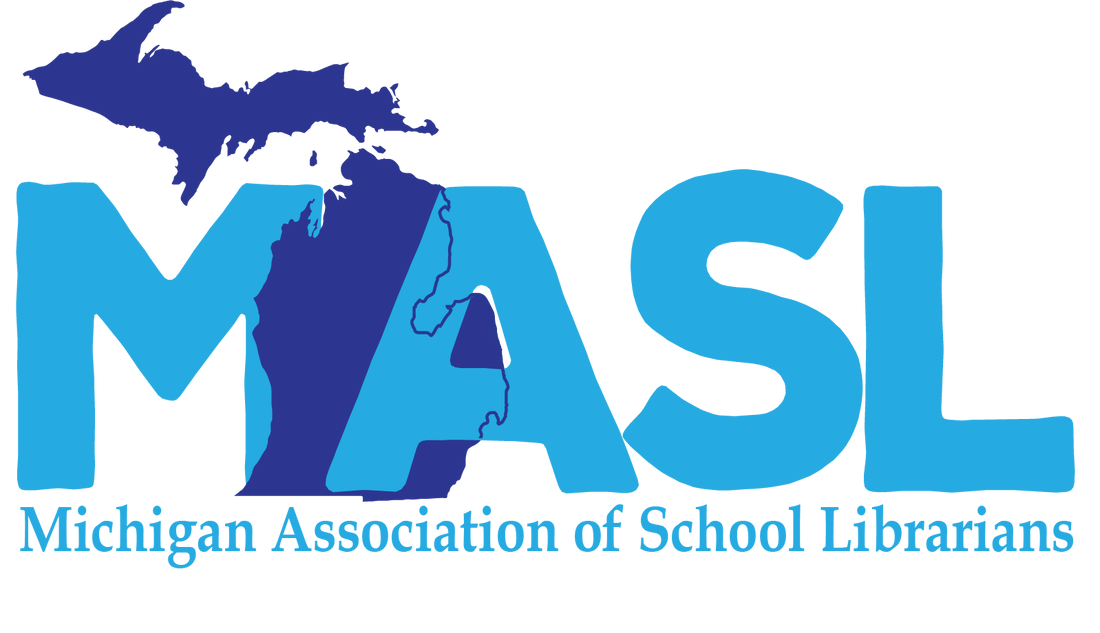MLA Advocacy - June 28, 2018
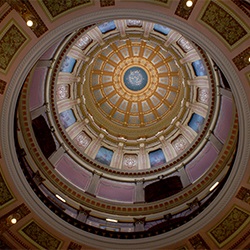
State Aid to Libraries up for FY 2019
The FY 2019 State of Michigan budget went to the governor's desk with a $1 million boost in funding for libraries in the state aid to libraries line item. MLA credits our library champions in the Senate, Senator Jim Stamas (R-Midland) and Senator Goeff Hansen (R-Hart) for their unwavering support of libraries. Their work on behalf of Michigan libraries is the reason we are seeing another million dollar increase for the third time in three years. In MLA's conversations with the two senators, they have made it clear they would like to see libraries continue to move upward toward previous funding levels. This is great news as we work to gradually rebuild this funding source.
MLA Opposes SB 1031
MLA is opposed to SB 1031 which has been introduced by Sen. John Proos (R-St. Joseph). The legislation would give utilities a break from paying taxes on the transmission and distribution systems, but it's going to cost schools and local governments which includes libraries. The legislation would only affect equipment installed after Dec. 31, 2017 but the Senate Fiscal Agency (SFA) estimated that if the bill were to exempt all existing eligible personal property, there would be a $652 million combined hit to schools and local units of government. At some point, the bill would exempt all eligible utility personal property as old equipment is replaced. The utilities were not included in the initial round of personal property tax (PPT) exemptions carved out for manufacturers and businesses by the legislation in 2012. Recall MLA and members worked fervently to see that libraries were included in PPT reimbursement.
Attention to House Bill 5090 is a Success
Thank you to everyone who contacted their Senators regarding HB 5090. Sen. Tom Casperson (R-Escanaba), chair of the Senate Transportation Committee received nearly 400 contacts. After a meeting with the Senator's office, we learned the bill will not move until the fall. In addition, as a result of that meeting the Senate Fiscal Agency reevaluated the statements in the House Fiscal Analysis. This new analysis demonstrated that it is very likely the revenue to libraries will remain constant even if the misdemeanor becomes a civil infraction. MLA reviewed the new information with our attorney and agree with the Senate's new analysis. House Bill 5090 changes how fines from weigh stations are distributed. Failure to stop at a weigh station would be changed from a misdemeanor to a civil infraction and exempt certain vehicles. Penal fine funding is constitutionally mandated. MCL 257.909 states that civil fines shall be exclusively applied to the support of libraries in the same manner as provided by law for penal fines collected from violation of a penal law of the state which includes these misdemeanors. Additionally, according to the Senate Fiscal Analysis of 5/25/18 the misdemeanor and civil fines are both listed as up to $100 for this same offense.
When HB 5090 was introduced in October 2017, a careful review by MLA concluded that the proposed changes should not have a significant impact on penal fine revenue to libraries. The bill moved through committee and the full house and passed on to Senate Transportation Committee. Once it reached senate committee, we again reviewed available material on the bill to ensure no amendments or changes were made that could negatively impact libraries. That's when we discovered the February 2018 House Fiscal Agency Legislative Analysis of HB 5090 clearly stated "...revenue going to public libraries would be reduced, as misdemeanor convictions would be replaced with civil infraction penalties."
Since the Michigan Library Association regularly takes action on any legislation that would reduce library funding, an immediate call to action was initiated. Once libraries became involved the Senate Fiscal Agency reevaluated the impact of the bill and found that it is not clear that library funding would be significantly impacted by the change from misdemeanor to civil infraction. It could increase or decrease depending upon the number of violations written. This fact is true regardless of the classification of the violation.
Once again, thank you for educating your Senators on the importance of penal fine revenue to libraries. This was a perfect opportunity to bring this fact to their attention because libraries are regularly faced with proposed legislation that would divert penal fine revenue.
Additionally, we understand that how a "crime" should be categorized (civil infraction, misdemeanor, felony) should be determined based on what penalty society believes is most appropriate for an action it is trying to discourage and/or punish. It would be inappropriate for example to make something that should be a civil infraction into a misdemeanor just so fine money would flow into certain coffers or at a higher amount or categorize it as a misdemeanor just to generate additional revenue.
Just as prior legislation has resulted in reduced library funding, we must remain alert to any threat to this important library revenue and if it is reduced, ensure legislators find a way to respect our constitutionally guaranteed funding and mitigate the losses to libraries with alternative funding.
Attorney General Opinion on Millages Confirms Generally Accepted Understanding
The Attorney General's office recently rendered an opinion on district library millages. A concern was raised by a local municipality questioning the validity of a perpetual millage.
The AG opinion concludes as follows:
"It is my opinion, therefore, that a millage levied by a district library established under the DLEA is not subject to the mill limitations or the 20-year durational limit set forth in article 9, S 6 of Michigan Constitution. But under section 13 of the DLEA, MCL 397.183 a district library may not levy more than 4 mills and any levy over two mills may be authorized only for a period not to exceed 20 years."
MLA cannot offer legal advice. However, it is our understanding that any millage over 2 mills cannot be longer than 20 years but 2 mills or under can be perpetual. We are seeking legal confirmation and will share additional information if it does not concur with our understanding of the law.
Libraries' NARCAN Legislation Takes on Greater Importance
Recently, the Senate Health Policy Committee took testimony on SB 828 and 829, which would provide liability protection for libraries when providing the life-saving opioid antidote naloxone, common brand name Narcan, to an overdosing patron. As a result of our testimony, the committee chair has requested legislation which would protect all public locations from liability including libraries. This may delay the legislation briefly but the broader implications for public safety are tremendous.
Kristin Shelley, MLA Legislative Committee Chair and MLA President-elect gave an excellent overview of why the bills are needed. She also provided a heart wrenching story of a death that occurred at a library where she worked years ago. The committee heard firsthand how a life might have been saved if naloxone had been available then.
Library of Michigan, the Michigan Department of Education and MLA have been working together to see this protection added for our libraries.
SB 828 and 829 would allow libraries and library employees or agents to purchase, possess, distribute or administer in good faith an opioid antagonist without possible subject to criminal prosecution. The law would provide immunity to libraries like that provided to public schools.
In response to the increasing number of heroin and opioid overdoses in libraries across the country, Representative Sean Patrick Maloney of New York introduced the Life-saving Librarians Act which directs the Secretary of Health and Human Services to establish a grant program to allow public libraries in High Intensity Drug Trafficking Areas to purchase naloxone rescue kits and/or provide training to enable employees to use naloxone rescue kits. These would likely be available to qualifying Michigan communities.
For a recent NPR Stateside interview about public libraries' response to the opioid crisis with Kalamazoo Public Librarian Kevin King and MLA Executive Director Gail Madziar visit the Stateside page of the MichiganRadio.org website.
Repeal of Net Neutrality in Effect
The repeal of net neutrality rules went into effect on June 11. The good news is, consumers and patrons are unlikely to see changes to the internet service they buy today. The bad news is, there's now no "cop on the beat," no enforceable protections that are essential to ensuring open and nondiscriminatory access to online information for all.
If Internet Service Providers (ISP) are allowed to control or manipulate the content of internet communications - to block, throttle and prevent you from accessing the internet any way you want - then the work of modern libraries becomes that much harder. But there are opportunities for relief.
Last month, the Senate voted 52-47 to pass bipartisan legislation under the Congressional Review Act (CRA) to block the FCC's 2017 rule rollback. As we said at the time: we were pleased to see support from both sides of the aisle to keep the internet free and open. Now, the action has moved to the House. Representatives have the opportunity to put enforceable net neutrality protections in place, by signing the CRA discharge petition and voting to block the FCC's net neutrality repeal.
States and localities continue to push their own net neutrality rules, hoping to fill the gap left by the FCC's repeal. At last count, 29 states are considering net neutrality legislation. Two states, Oregon and Washington, have passed laws, and five governors have signed executive orders that would keep the state from doing business with ISPs that violate net neutrality principles. The California Senate has passed a bill from state Sen. Scott Wiener (D) that would restore all of the protections from the FCC's 2015 Open Internet Order and even go a step further by banning most forms of "zero rating," which is a business arrangement where a mobile ISP would not charge customers data rates to use certain preferred apps or services. The bill will now go to the full state Assembly.
Court challenges continue. On March 28, 2018, a three-judge panel of the U.S. Court of Appeals for the Ninth Circuit granted an unopposed motion filed by the petitioners-which include public interest groups and the trade association representing major technology companies-to transfer consolidated appeals of the Restoring Internet Freedom Order to the D.C. Circuit.
The D.C. Circuit court has principal jurisdiction over FCC decisions and has heard the two previous appeals of FCC net neutrality actions; of the 2011 Open Internet Order, which it overturned, and the 2015 Open Internet Order, which it upheld. The ALA plans to file as an amicus, or friend of the court, as was done in previous legal cases.
You can help by:
-
Continuing to tell your members of Congress (or thanking them!) that net neutrality is critical to the modern library and our communities through ALA's action alert.
-
Initiating or joining in-district events when your members of Congress are home for recess. Invite them to a library, talk about what an open internet means for your patrons and community-be like Dave Mantz!
-
Tell your ISP (and your local media and your patrons) that you are watching and expect them to respect their commitments to an open internet. In fact, you'd like them to put it in writing.
MLA Annual Conference Legislative Update
Plan to join our GCSI lobbyist Gary Owen on Thursday, October 18, 2018 at 10:30 for an update on the latest legislation impacting libraries. Registration is open for the MLA Annual Conference being held in Novi at the Suburban Collection Showplace. Register here.
Advocacy Update Home
Back to news |



